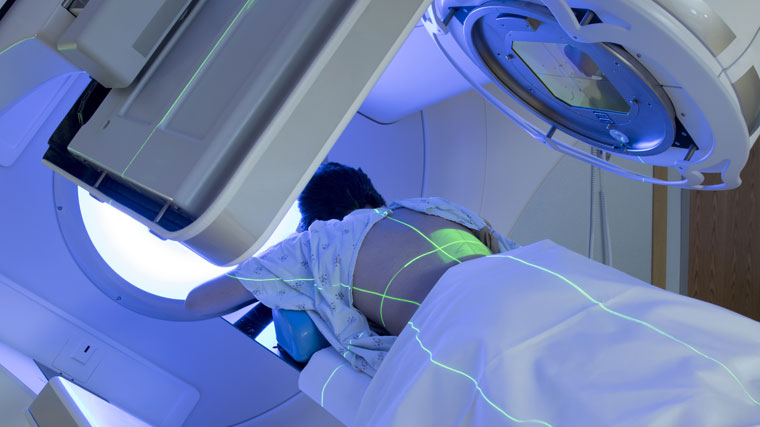- Breast Cancer
- Cancer
- Cancer Prevention
- Cardiology And Vascular Health
- Chronic Conditions
- Health Topics
- Heart And Vascular Disease Prevention
- Heart Health
- Lung Cancer
Precautions Protect Your Heart From Cancer Treatment

Answer a few questions and we'll provide you with a list of primary care providers that best fit your needs.
Radiation therapy for cancer can cause side effects. These vary depending on the site of the treatment. When used for thoracic cancers, such as Hodgkin lymphoma, lung, and breast cancer, radiation can cause cardiotoxicity, possibly raising the risk for heart conditions such as pericarditis, coronary artery disease, cardiomyopathy, valvular heart disease, and heart failure, the National Institutes of Health (NIH) reports.
But because radiation therapy is a targeted treatment, radiation involving the head, an extremity, or other body part away from the heart should not have a direct effect on your heart, Bryan King, MD, says.
Plus, cardiotoxicity is becoming less of a risk today. Advances in radiation technology enable doctors to better focus beams on cancer, lessening exposure of healthy surrounding tissue.
Cardiotoxicity risk can be further reduced by limiting the radiation dose and positioning the patient to help prevent exposure of healthy tissue. As an additional precaution, doctors routinely monitor cancer radiation patients for cardiotoxicity before and after treatments, Dr. King says.
“Typically, all patients who receive radiation are monitored for cardiotoxicity. It's pretty standard procedure, whether you're receiving chemo and radiation or just radiation, to get a cardiac evaluation prior to the start of therapy.”
This monitoring can include ultrasounds of your heart, a cardiac stress test, and any other tests your heart or cancer doctor believe are needed. Follow-up tests are conducted after radiation treatment to detect changes in your heart and its function.
Dr. Bryan King discusses monitoring for cardiotoxicity before and after cancer treatment. ,
Click play to watch the video or read video transcript.
Dr. King adds that while direct toxic effects to the heart “are generally only considered when there's radiation in or near the heart,” radiation therapy can affect blood cells.
Cardiotoxicity risks can increase with higher doses of radiation, the American Cancer Society reports. Risk can also increase if you:
- Have preexisting heart disease and risk factors for coronary artery disease, such as diabetes, high blood pressure, smoking, and high content of lipids in the blood, such as cholesterol and triglycerides
- Also receive chemotherapy with cardiotoxic drugs
- Receive radiation on the left side of your thorax, due to the position of the heart
But, again, Dr. King says that patients are routinely monitored before and after radiation treatment to check for changes in heart health. Cardiac tests are typically repeated from time to time to detect changes over the course of your treatment.
Answer a few questions and we'll provide you with a list of primary care providers that best fit your needs.
Source: Bryan King, MD, Premier Cardiovascular Institute; National Institutes of Health; American Cancer Society





